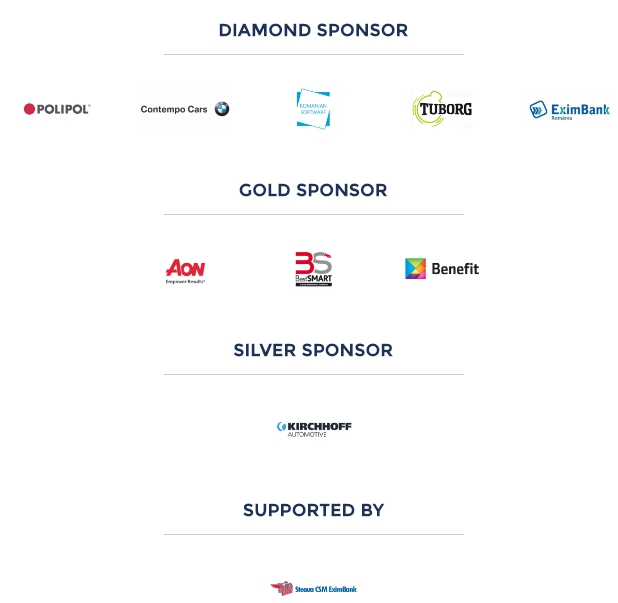Skill Gap: Why is it still a Major Concern (Part 2)
This article is part of a series. For part 1 click here.
There is a steady decline in the U.S. system’s possibility of nurturing these midlevel skills, due to the fact that automation is cutting down the need for low-skilled workers. Luckily, there are local initiatives which are trying to address the respective skill gap in their areas.
A good example on how to narrow the skill gap is represented by internships specifically tailored to college graduates in order to meet the more evolving needs of today’s employers. Some university programs include the so-called “cooperative degree programs” also known as co-ops. This type of approach will allow both employers and future graduates to assess the market and their specific place in the world of work. Employers have the chance to evaluate skills such as: employee attitude and work ethic, but also offering their training to their temporary recruits, specifically tailored to the organisation’s needs. These co-ops and internships help students earn their necessary credit in order to graduate, earn proper work experience, and best of all getting them to apply classroom studies in the real business world.
For over 20 years, there has been a shortage of “transferable” workplace skills, and although there have been many initiatives in terms of laws, guidelines and goals, not many problems have been resolved.
These “transferable” workplace skills have represented a real problem for the private sector for the past 20 years. HR managers have stopped putting too much emphasis on skills such as reading literacy and computational aptitude. In today’s workplace, soft skills are dominating the office needs, and they are as follows: interpersonal and intrapersonal knowledge, time management, ethics, teamwork, personal organisation, interpersonal communication, problem solving, anger management and reasoning.
At a global scale, Millennials display unique attributes that conflict with society and the idea of work as it currently stands. This group of people have spent their entire or nearly entire life connected to technology, rapid accessibility of information and a permanent connection with family and friends. Straight from birth, Millennials have been told they are special and they were rewarded nearly instantaneously for even the smallest of accomplishments.
Millennials are much better equipped to handle active learning that can teach them metacognitive skills. Such operating systems are being beta-tested as we speak, in order to assure the teaching of a higher-order and analytical skills. In the United States, the successful applications of e-learning for workplace training are expected to be introduced into the K-12 curricula where they are foreseen to shrink the metacognitive skill gap in public schools. Games and simulations offer a great basis for education and training, with at least 45% of Millennials being active learners.
In approximately 10 years, companies everywhere will move all types of employee training programs towards the online. Nowadays, distance education done through e-learning is just a stepping stone towards a new structure of education.
The level of information a worker can acquire at the workplace takes half the time compared to the classical classroom delivery, thus retention can be increased by 30% and the cost of training can be reduced by 40%. There will be a quick and positive ROI because employee efficiency is substantially increased.







